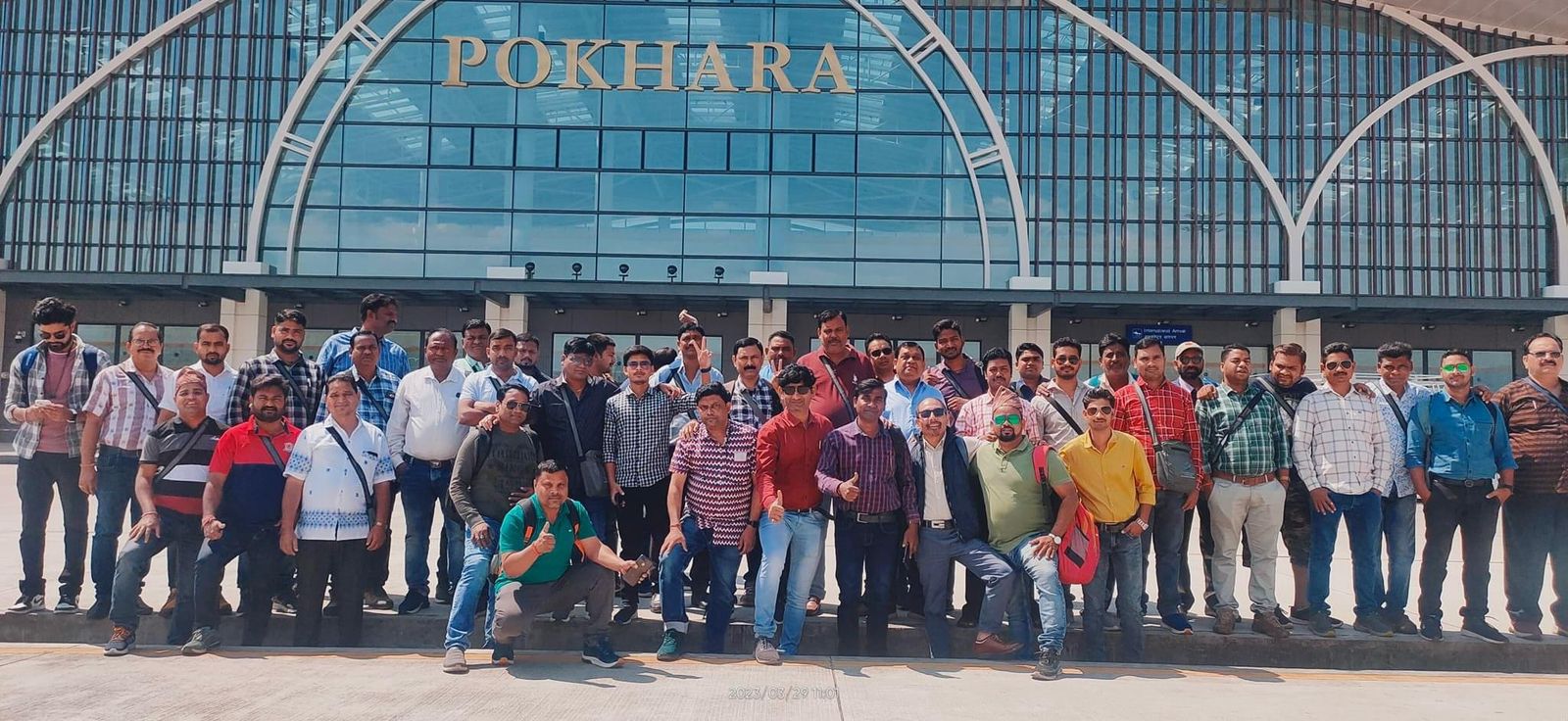Lazimpat, 02 Kathmandu Nepal
Newsletter
Shivam Group have activities

The "Save Tourism" campaign in Nepal. However, the concept of saving tourism is a common theme in countries heavily dependent on this industry, especially in times of crisis or challenges. It typically involves efforts to revitalize and support the tourism sector, which may have been adversely affected by factors like natural disasters, political instability, or, as seen globally in recent times, health crises such as the COVID-19 pandemic.
The general idea behind a "Save Tourism" concept in Nepal or elsewhere might include:
Promoting Safety and Well-being: Implementing measures to ensure the safety and well-being of tourists and locals, especially during health crises. This could involve health protocols, sanitation practices, and other safety measures.
Marketing and Promotion: Launching marketing campaigns to encourage tourism and showcase the unique attractions of the country. These campaigns often aim to rebuild confidence among potential tourists and highlight the destination's resilience.
Financial Support: Providing financial support or incentives to businesses within the tourism sector, such as hotels, travel agencies, and tour operators, to help them recover and sustain their operations.
Collaboration with Stakeholders: Working closely with various stakeholders, including the government, private sector, and local communities, to create a collaborative approach to tourism recovery.
Infrastructure Development: Investing in and improving infrastructure related to tourism, such as transportation, accommodation, and tourist facilities, to enhance the overall visitor experience.
Community Engagement: Involving local communities in tourism initiatives and ensuring that they benefit from tourism-related activities. This can foster a sense of ownership and support for the industry.
Policy Reforms: Implementing necessary policy changes or reforms to create a more conducive environment for tourism, addressing any regulatory hurdles that may hinder the industry's growth.
Scientific Research
a. Environmental Impact Studies: Research on how tourism affects ecosystems, wildlife, and natural resources.
b. Cultural Studies: Investigating the effects of tourism on local cultures, traditions, and social structures.
c. Sustainable Practices: Developing and promoting practices that minimize negative impacts and enhance positive outcomes.
Volunteer Programs
a. Conservation Efforts: Engaging volunteers in wildlife protection, habitat restoration and Mountain clean – ups
b. Community Engagement: Working with local communities to ensure tourism benefits them and preserves their cultural heritage.
c. Education and Awareness: Volunteers can help raise awareness about sustainable tourism practices among tourists and locals.
Academic Contributions
a. Research and Development: Universities often conduct research on sustainable tourism, producing valuable data and case studies.
b. Curriculum Development: Academic programs focused on tourism management, environmental science, and cultural studies that emphasize sustainability.
c. Partnerships: Collaborations between academic institutions and tourism organizations to implement best practices.
Educational Initiatives
a. Workshops and Training: Programs designed to educate tourism operators, local businesses, and communities about sustainable practices.
b. Public Awareness Campaigns: Informing tourists about responsible travel behaviors and the importance of preserving local environments and cultures.
c. School Programs: Incorporating lessons on the impact of tourism into school curricula to foster a culture of sustainability from a young age.
It's essential to note that specific initiatives and campaigns can vary over time, and the details of a "Save Tourism" concept in Nepal might have evolved after Covid